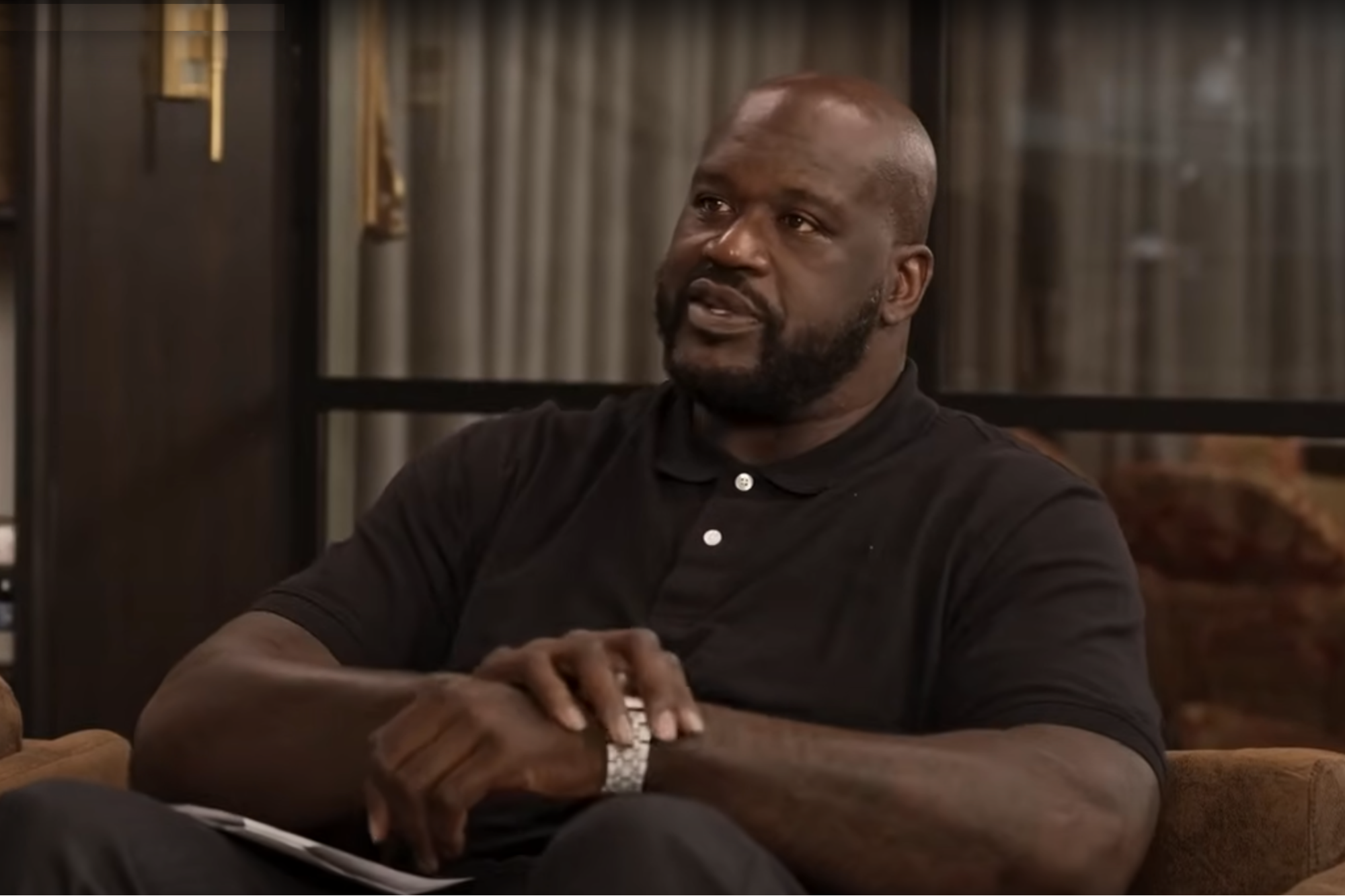Turning Your Hobby into a Business? Here's What You Should Know Persistence is the key to success, believe entrepreneurs who have successfully turned their hobby into a business
You're reading Entrepreneur India, an international franchise of Entrepreneur Media.

For most entrepreneurs, the passion for a product or idea leads to a business. It's this passion that drives them to give in hours to their business, ensuring it's not just an idea anymore.
From a hobby to a full-fledged business, there are many entrepreneurs out there who have taken the plunge to turn an idea of interest into a start-up. But the plunge usually isn't an easy one. One needs to understand the risks and assess the market carefully, before venturing into the business.
Entrepreneur India spoke to founders who have built a business out of their hobby, as they shared their fears and tips for others who wish to do the same.
It's Important to Take Risks
Anyone who wants to start up should be ready to take the risks. For Saakshi Vij, founder of Saasud Creative OPC Pvt Ltd., her jewellery business started off as a hobby, where she would gift her friends and family pieces of jewellery as a token of gesture. But slowly, people started appreciating her work and started asking to pay for the jewellery pieces. "That is when I even thought of turning it into a business. A friend suggested me to put up an exhibition. This was when I was in Class 10. I had not calculated anything and just went for it because there was nothing to lose," she said.
She believes that most people refrain from starting up because they are scared, but it's important to get rid of the fear and move forward.
Assess the Market
When you are starting up, you need to research and analyse the market you are venturing into. Apeksha Jain, founder of The Gourmet Jar, believes that one should always ask themselves if they are starting something different. "There's no point in just replicating what several others are already doing. Your core idea/concept has to be innovative and strong in order for you to make a mark for yourself," she said.
"Once you have assessed the market, it is important to test your idea several times before going all out to the masses," advises Jain. She goes on to add that one should talk about it with friends and family, gather feedback and see whether it works for the product. "Use negative feedback to build your idea and make it better," she lastly added.
Create Your Own Path
For professionals who already have an established career, there should be no fear in going back to your hobby and doing something that you really love. Pooja Mehta, Founder and MD, The Bombay Natural Company, quit her job as an investment banker to be a farmer. Growing plants and taking care of them had been her passion since she was very young. "I remember spending an hour everyday in my backyard taking care of my plants. And today, this childhood hobby of mine is helping me in building The Bombay Natural Company," she said.
She purchased a small piece of land in the outskirts of Mumbai and started farming, which highlighted the challenges and obstacles that come in the way of farming in India. "I figured that it's not farming that is a problem, but selling what farmers produce and getting them the right price is the biggest challenge. So I started the company as a co-operative organic society which is now substantially bigger in size and covers organic and natural farmers across India," said Mehta.
Mehta's advice to all others out there is to chase their dream, as no dream is small and that no job is small either. "I personally enjoy being called a farmer more than an investment banker! Start going in the direction of your dream and create your own path, everything else will follow," she said.
Never Underestimate Your Value
When Vij started on her own, she didn't consider pricing to be a big issue. For her first exhibition, she didn't include the labour cost and just decided to make up for the rent and material cost. But for the consequent exhibitions, she started taking things more seriously and planned it better. "Never underestimate your own value. Consider the time and labour you put into making your product," said Vij.
Agreeing with Vij, Jain too believes one needs to value themselves and sometimes that comes by learning to say no to people. "This is one of the things that we Indians are terrible at, but as an entrepreneur, you have to know when to say no," she said.
Build a Good Support System
For every entrepreneur, it's important to have friends and family to fall back on when things are going tough. When you plan to turn your hobby into a business, it's a risky affair so it helps when your loved ones have your back. "Entrepreneurship requires a lot of time and effort. So you need to have a good support system," said Jain.
Persistence is Key
As every entrepreneur out there has learnt it the hard way, first-time entrepreneurs too should realize it soon that persistence is the key to success. What was once just a hobby is now a business, so there are times you may fail but you should learn to pick yourself up and keep at it anyway. "This journey is full of ups and downs. There will be times when the going gets tough, and you start questioning yourself but you've got to keep inching forward. You have to have a "never-give-up" attitude," said Jain.











